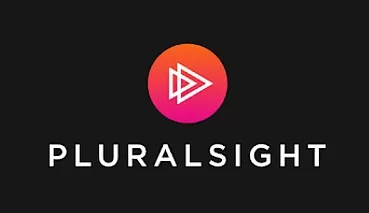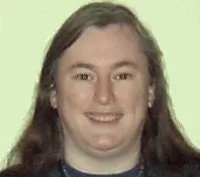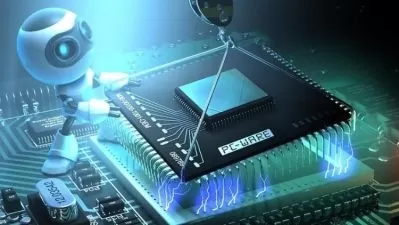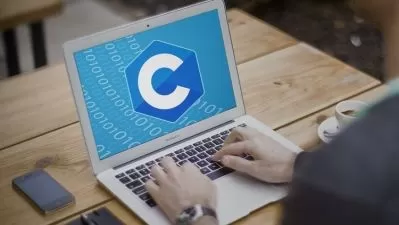Beautiful C++ 17: Updating Legacy Code
Kate Gregory
5:01:57
Description
If you maintain an old large codebase, there's a good chance you don't understand parts of it. This course will show you how to update code to a more readable, understandable, and maintainable state by taking full advantage of modern C++ techniques.
What You'll Learn?
C++ has been a popular programming language for decades, which means there’s some really old code out there. Some of it is very hard to read and maintain. Capabilities have been added to the language and standard library that could simplify this code, and possibly make it faster or eliminate nagging intermittent bugs. In this course, Beautiful C++: Updating Legacy Code, you’ll learn how to approach a large and unfamiliar codebase and make changes to modernize code. First, you'll learn some strategies for deciding exactly what to change. Then, you'll be introduced to language features and library capabilities that may not have existed when your code was first written, and can make it better now. Finally, you'll discover how to evaluate your progress and spread your gains through the rest of the code. By the end of this course, you'll be prepared for your code to last another generation or two and take full advantage of what modern C++ has to offer.
More details
User Reviews
Rating
Kate Gregory
Instructor's Courses
Pluralsight
View courses Pluralsight- language english
- Training sessions 100
- duration 5:01:57
- level average
- English subtitles has
- Release Date 2023/12/14











